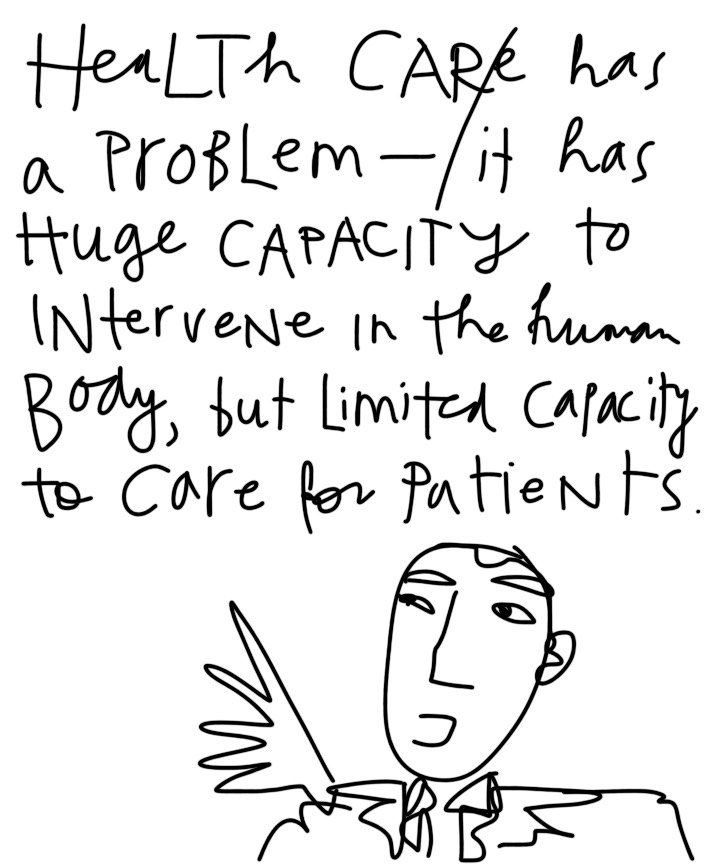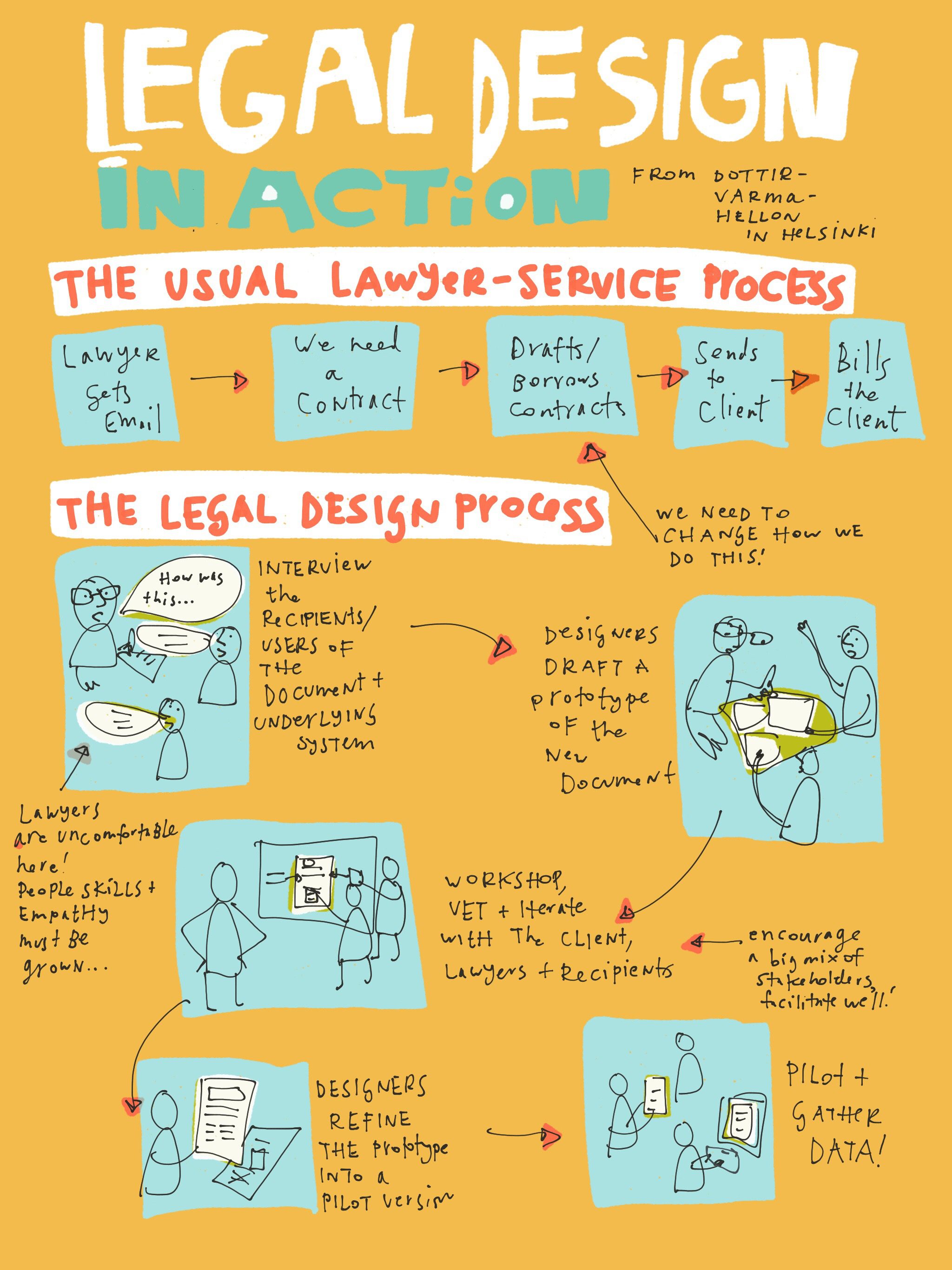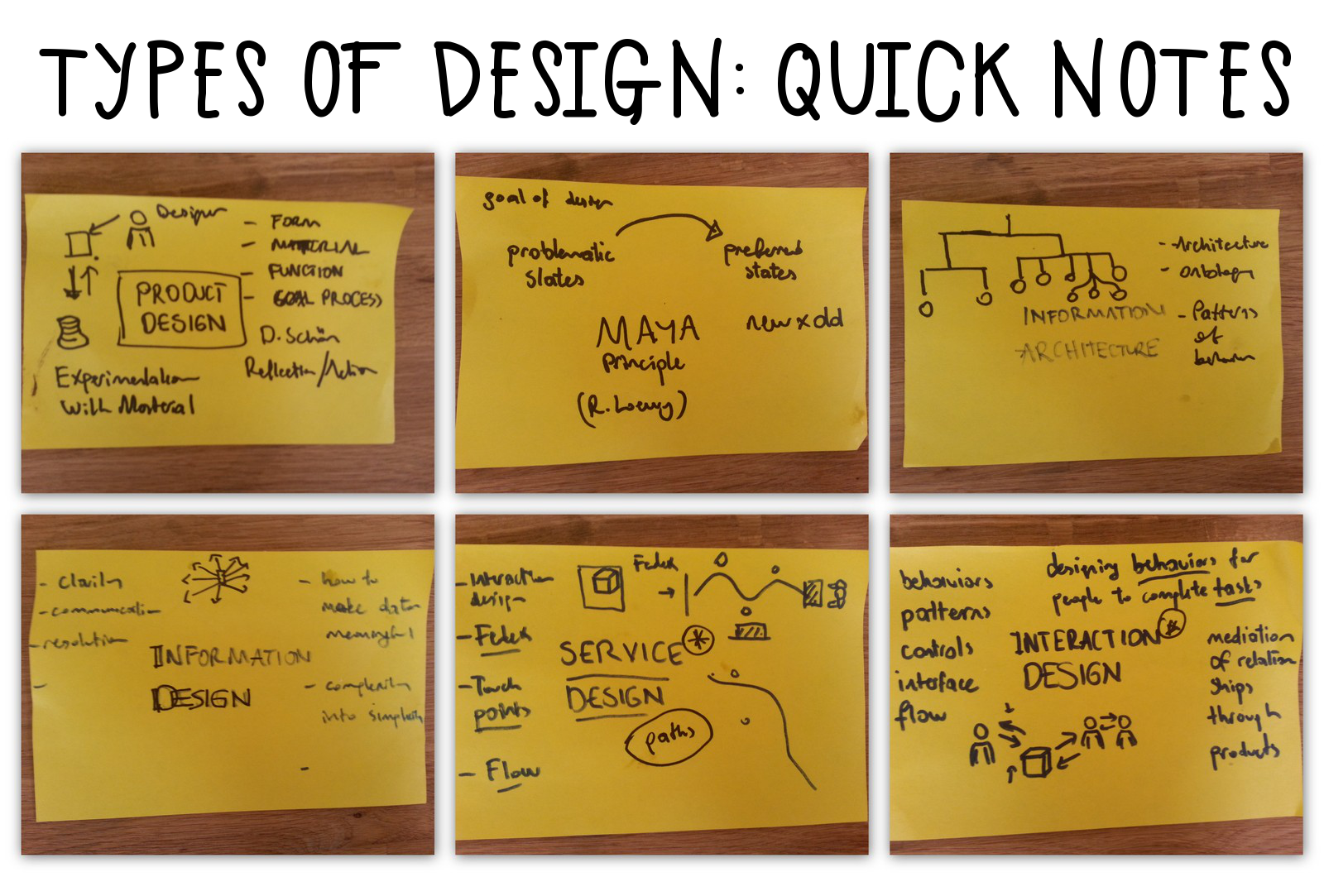Last weekend, I attended some sessions of a Design Symposium at Carnegie Mellon University’s School of Design. The topic was ‘Transition Design’ — how we as designers can plan for a rapidly changing society, as well as how we help individuals through challenging transitions in their own life stages & well-being.
One of the speakers is a service designer, who works in a hospital system to change how clinicians interact with patients. He sits in on these conversations, to observe how they typically go now, and to propose interventions which could improve the patient’s experience.
There are clear (and huge) parallels with legal professionals’ conversations with their clients — especially on matters that involve high emotions, major effects on life quality and freedoms, and uncertain futures. But what I noticed was also the difference. The speaker centered on two words as central to his work in improving patient experience: Care and Mattering.
He said his overarching goal as a service designer is to make the system care about the user, and make sure the user feels this sense of care. And interlinked with this is attention to what matters — the designer is saying that every clinician should be tuning into what really ‘matters’ in any interaction, patient experience, moment in their own working day. Rather than getting caught in other metrics & pressures, there should be constant readjustment to direct your energy to the things that ‘matter’.
In his presentation, the designer emphasized that most clinicians aren’t trained well to provide a sense of care or of ‘mattering’ to their patients. It made me realize that lawyers tend not to speak in these terms either.
Even if medical professionals aren’t always great at providing care, this word is in their professional lexicon. In law, I don’t recall people using the concept of care when it comes to lawyer-client relationships.
That’s stuck with me over the past few days as something that’s worth paying some attention to. Perhaps the concept of ‘care’ may seem too emotional or touchy-feely for many legal professionals to use when thinking of how to relate to their clients. Maybe there’s another concept that could still capture that recognition of ‘mattering’, and of all the life pressures, changes & emotions caught up in legal matters. It makes me think that there must be more emphasis on serving the human factors involved with legal problems, that we as lawyers should be finding new ways to deliver value or coordinate support for the ‘care’ of clients.



4 Comments
When you go see a mechanic you don’t expect them to be your dentist. However, I see that the lawyer must care first in its delivery and could care by attempt to provide resource information material while building/making his own case research and adjusting the care / delivery of services based on the clients needs. This requires a capacity to channel your own resource and its takes that extra time to be throughout in your analysis. All who call themselves professional may improve communication skills however the inner core “care nature” is not something to teach or a miss in part of a formation issue but a real core issue of how you see your own humanity. The logic without consideration of your own variable instinct is a machine. You need to want this implication to help change and I believe that the professionals do so. Ultimately the educated client knows quickly what you really bring to the plate. Finally the real innovation would offer more guidance and tangible if it was based to improve the delivery approach e.g. “a lawyer open online collaborative project that would involve the client’s own service distribution” at some level and where the clients have the resource to do so.
This is an interesting point. I serve primarily small business owners and my sense is that for many of my clients and potential clients, their experience with lawyers was more focused on the lawyer’s process and the legal product and not on the client’s expressed needs.
For a profession that focuses so much on language, we lawyers as a group tend to not be very good at what really matters to clients–listening to their needs. Perhaps if we just learned to listen a little better, we could be on the road to better care for clients.
[…] recent blog post entitled “Where is the Concept of Care in Legal Services?” by Margaret Hagen at Open Law Lab sparked a pretty interesting debate on Twitter. The bulk […]
[…] Lab blog, Margaret Hagan has an idea for an open source legal software hub, as well as posts on the concept of care in legal service delivery, and a research project on how people use the internet for legal […]